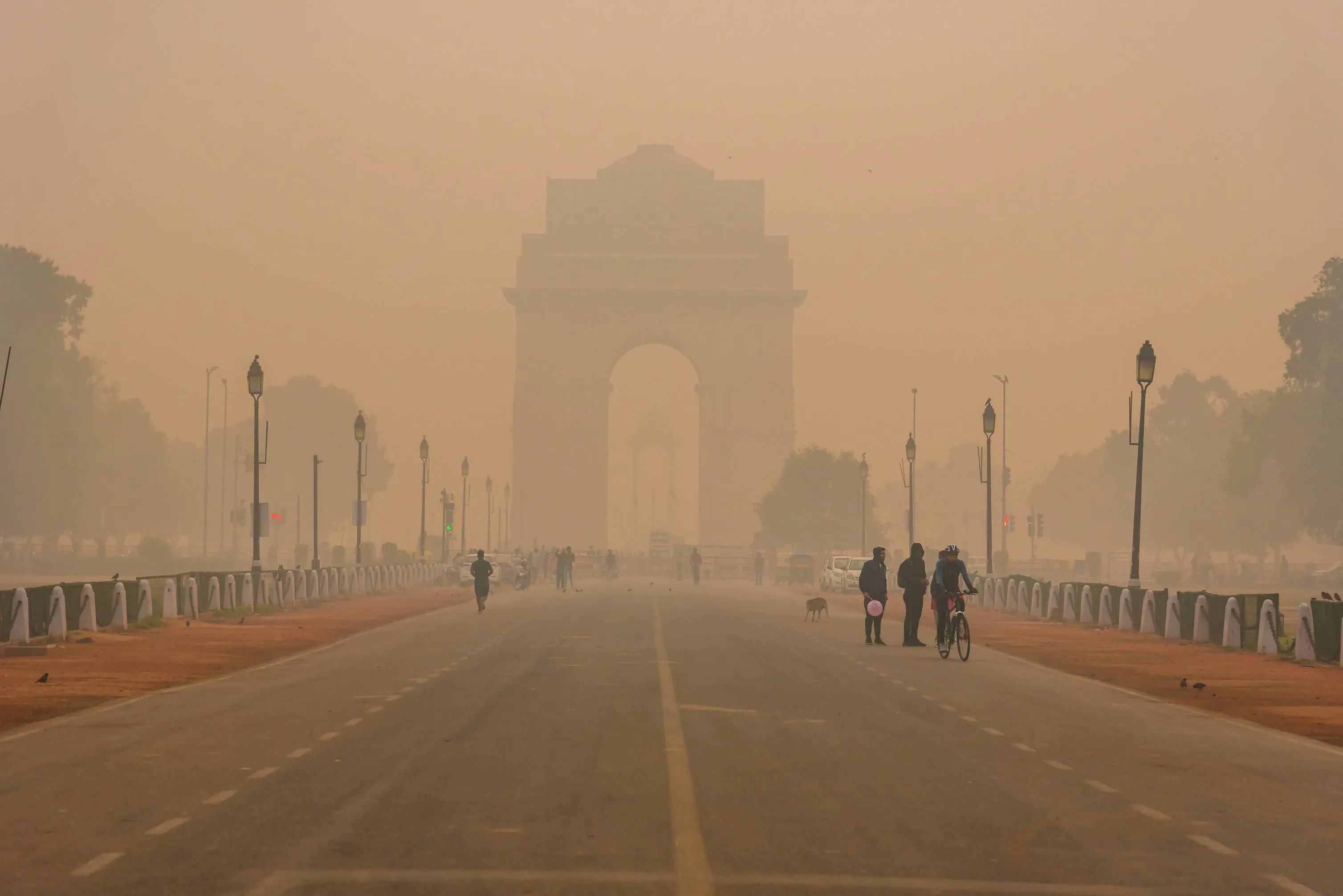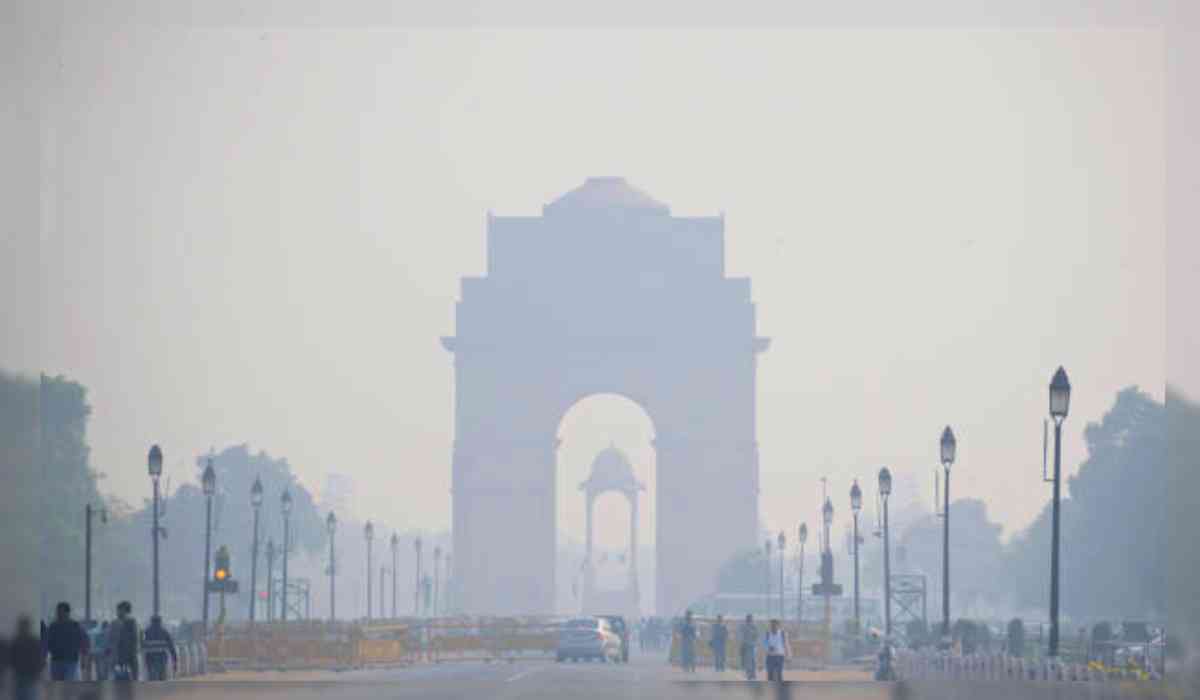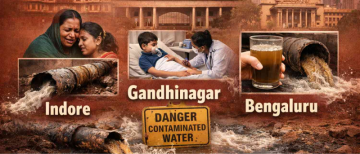In preparation for Diwali, an air emergency was declared in the National Capital as the air quality index drastically dropped to 'severe' levels. Delhi Chief Minister Arvind Kejriwal announced the temporary closure of all government and primary schools on Friday and Saturday as a precautionary measure against escalating pollution levels. Furthermore, the Delhi government has implemented restrictions on non-essential construction activities and the usage of BS-3 petrol and BS-4 diesel cars in specific areas.
On Friday morning, the Air Quality Index (AQI) in Delhi was deemed 'severe', with an average AQI of 464. With the exception of Dilshad Garden, most stations reported severe levels. Greater Noida recorded an AQI of 473, while Faridabad's AQI was measured at 442.
The declining air quality resulted in decreased visibility, reaching 600 meters at Safdarjung and 500 meters at Palam. Weather officials anticipated only slight improvement, as wind speeds were not expected to exceed five kilometres per hour.
As a precautionary step, it has been decided to keep schools closed for two days for students in Classes 5 and below. The pollution levels on Thursday were significantly high, with an average AQI of 427, which was just below the 'severe' threshold. The areas of Mundka and Anand Vihar recorded the highest AQI levels.

On Thursday, Greater Noida encountered the most severe air quality in the National Capital Region (NCR), with an AQI of 402. Gurugram and Ghaziabad both observed 'poor' AQI levels, measuring 297 and 286 respectively.
On Wednesday, Delhi's AQI reached 362, which is considered 'very poor', mainly due to local sources of pollution. Additionally, the stubble fires in Punjab and Haryana also played a significant role in the increased PM2.5 levels.
Due to the influence of a northwesterly current, smoke from farm fires in Punjab and Haryana was transported into Delhi, leading to a notable rise in fires when compared to previous years. As a consequence, the levels of PM2.5 reached a peak of 242.7µg/m³, significantly surpassing India's safety standards.
On Thursday, the Commission for Air Quality Management implemented Stage 3 of the Graded Response Action Plan (Grap), which includes stricter anti-pollution measures. As part of these measures, a ban on private constructions and demolitions has been implemented, with the exception of non-polluting activities such as plumbing and electrical work.
Check Live AQI: live AQI
It is anticipated that the situation may deteriorate further due to the ongoing farm fires and the upcoming drop in temperatures prior to Diwali.
In order to prioritize the well-being of all residents, it is of utmost importance to address this pressing air quality issue. The implementation of stringent measures and the cooperation of the public are vital in minimizing the detrimental effects of pollution on both the environment and health.
Ⓒ Copyright 2023. All Rights Reserved Powered by Vygr Media.




















